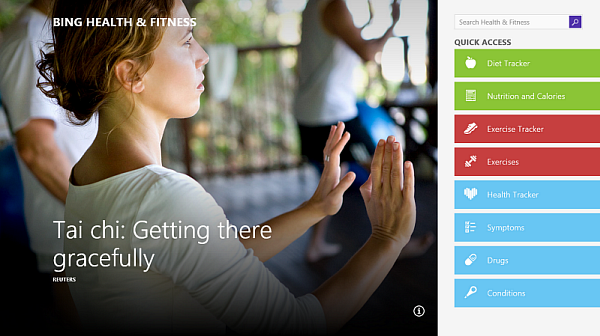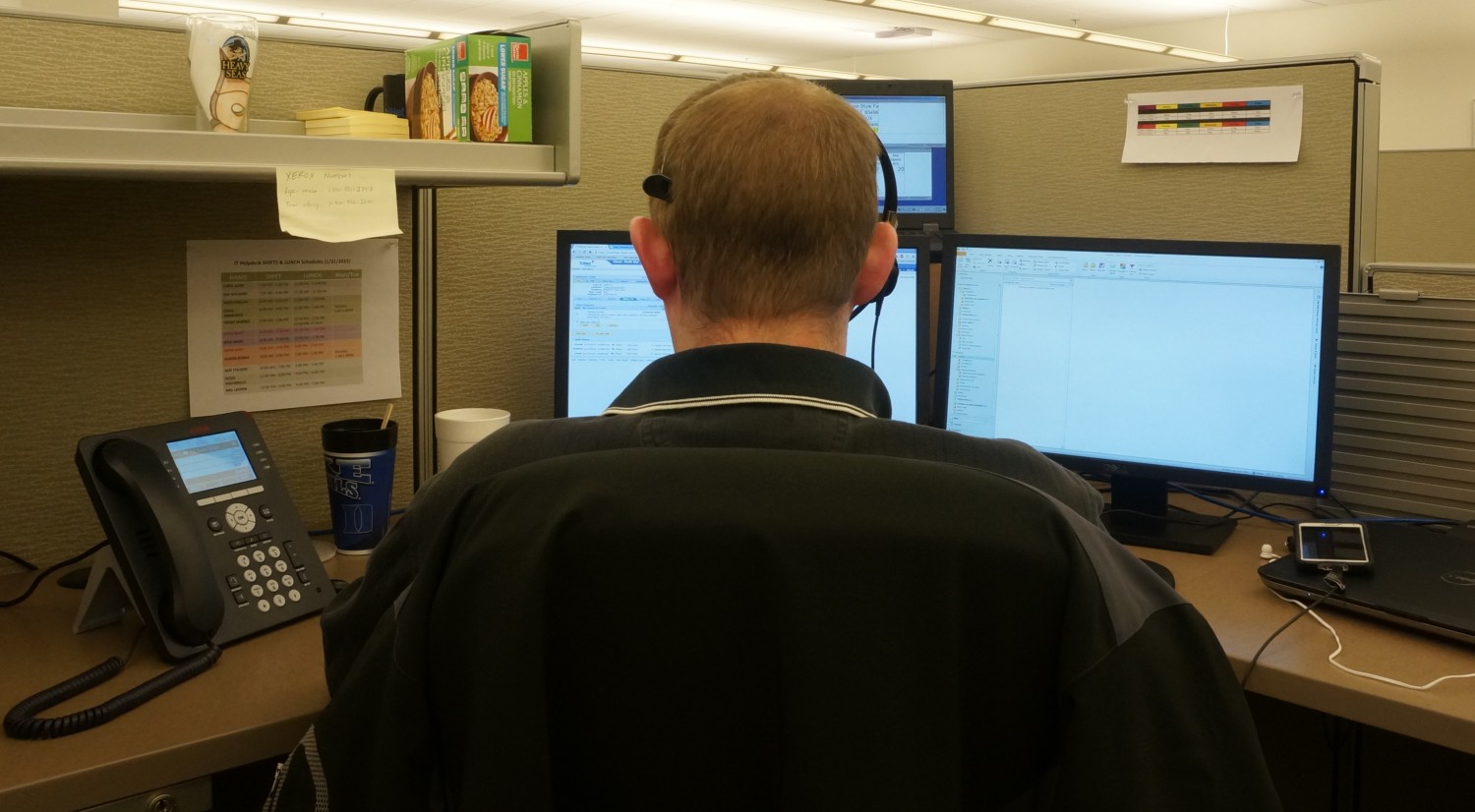aNewDomain.net — Just in time for your New Year’s resolutions, new mobile health (MHealth) apps bring the ease of technology to your daily fitness and prescription needs, but, as with everything digital, they keep tabs on your personal information. And, unlike your favorite music band or TV show, this information is really personal. Recently security issues have become a major issue, putting BYOD medical info at risk.
Photo credit: techhealthperspectives.org
Consumers need to be aware of these privacy transgressions, especially when it comes to wearable health metrics. Yes, it is cool to have all your self-measurements instantly available. But do you want your blood pressure and urine results saved in the cloud, theoretically available to those who want to look?
MHealth
MHealth apps are most used to count calories, measure heart rate, document sleep patterns, analyze blood sugar and even monitor moods for signs of depression. This information is certainly great to know, and might keep you healthier, but there is something larger at work. Insurance companies love this kind of data too, which data brokers will be glad to supply. For more on the privacy in MHealth apps click here. 
Manage Your Risk
Read this comparative profile and remember that being informed is the best way to stay safe. Hackers recognize the value of data held by healthcare companies. Research indicates that electronic data in the healthcare sector is among the most vulnerable. Additionally, healthcare entities account for the highest percentage of incidents, more than one-third of all data breaches in the country. Read it here.
Image credit: www.privacyrights.org
Appthority, a service provider that offers an app risk management solution, recently reported that the iPharmacy Drug Guide and Pill ID app “is playing fast and loose with your personal info.” iPharmacy is a free app that lets consumers maintain a personal health record on their prescription drugs, look up information on a drug, create reminders, and maintain pharmacy discount cards. Appthority found that while the app description states that it encrypts personal information, it only uses a common encoding scheme. It does not protect user information when the consumer searches for information about a drug through the app. Appthority also claims that the app sends personal information to advertising networks. Another example of a legitimate privacy and security concern is linked to cloud storage. Many MHealth apps collect physiological data through sensors affixed to the body, store that data in the cloud, and provide the data to a physician or other provider. Once in the cloud it might be hard to keep the data private, especially if the encryptions are weak. Appthority created this infographic to show security risks of these MHealth apps. While iOS apps are a good deal riskier, both claim an incredibly-high percentage of risky behavior. This is cause for concern, at the very least.

Image credit: Appthority
MHealth apps offer tremendous opportunities to advance a more-sophisticated and connected healthcare environment. But these modes of connection need to be solid from a data protection perspective, or everyone’s healthcare information will be at risk. Excellent risk management is key, and a good deal of that rests on the consumer. See the infographic below for the numbers.
For aNewDomain.net, I’m David Michaelis.
Based in Australia, David Michaelis is a world-renowned international journalist and founder of Link Tv. Peabody award winner. At aNewDomain.net, he covers the global beat, focusing on politics and other international topics of note for our readers in a variety of forums. Email him atDavidMc@aNewDomain.net. 













